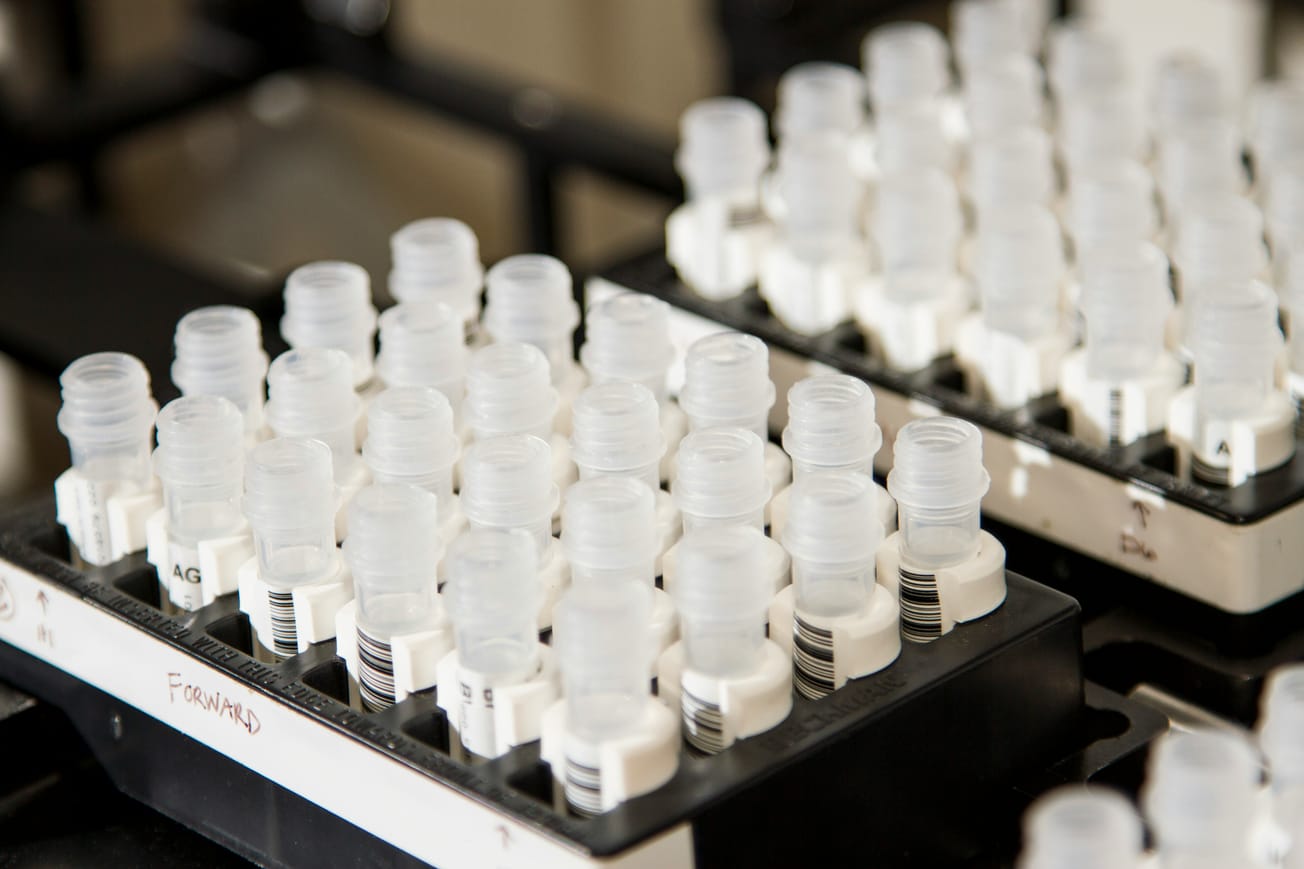By Daisy Yates, First Year, Philosophy and Theology
On the 27th January 2024, Bristol marked a milestone by hosting the first free, regular, drug checking service in the country. Pioneered by The Loop, a harm reduction charity, in partnership with Bristol City Council and Bristol Drugs Project (BDP), the service provides both personalised health advice and drug checking.
Bristol, which has the second largest estimated rate of opiate and / or crack cocaine users of the English core cities, faces a critical need for specialised support.
Epigram spoke to Katy Porter, CEO of The Loop, about the charity’s involvement and aims for the service. She explained that the charity’s goals are for ‘Harm reduction and prevention.’ The primary objective of the service is to ‘Reduce the consumption of contaminated drugs and the risk of poisoning and overdose.’
The service is scheduled to run on the last Saturday of every month, at Bristol Drugs Project which is located on Brunswick Square, next to Cabot Circus. There will be an amnesty box where samples are able to be tested. After getting their results, individuals will receive a non-judgmental, anonymous consultation by health professionals which are completely tailored to their needs.
The next instalment of the UK's first regular drug-checking service, run by @WeAreTheLoopUK, is happening this Saturday (24th Feb)!
— BDP | Bristol Drugs Project (@BDProads) February 21, 2024
Join us between 12pm and 8pm at our Central Bristol Health & Harm Reduction Centre at 11 Brunswick Square, Bristol, BS2 8PE.
See you there! pic.twitter.com/ZJuF6HRtgC
Beyond its immediate impact to its users, the illegal drugs market in the UK is estimated to be worth approximately £9.4bn and incurs a staggering £20bn cost to society through both the burden on our National Health Service and the use of police resources to fight crime.
In 2015/16, Bristol Drugs Project alone had 2,982 service users and the number of people who have died in Bristol due to drug misuse has increased by 70 per cent over the last decade.
Not only is the demand for recreational drugs ‘Closely associated with poverty and deprivation,’ so too are the deaths resulting from its misuse. Alongside this, data from an independent report within the UK government has shown that whilst the use of psychoactive substances has declined within the general population, it has increased in vulnerable populations, such as those sleeping rough. It is therefore crucial for centres like the one opening in Bristol to be operating with zero costs for its users, in order to be accessible to those that need it the most.
The emergence of synthetic opioids like nitazenes and fentanyl contaminating UK heroin supplies is also an important justification for the existence of drug checking services. These substitutes mimic the effects of compounds like heroin but are drastically more potent and are related to an increased risk of overdose, especially when users are not aware of their presence within the substances they are taking.
Chemical analysis by professional chemists + free, non judgmental consultations with health professionals + rapid & accurate information cascaded to stakeholders & wider public
— Fiona Measham (@FMeasham) February 24, 2024
= harm reduction
= The Loop Bristol drug checking service
(Registered charity no. 1200533) https://t.co/Svy3JkN8EG
Katy explained to Epigram that The Loop chose Bristol to be the inaugural location of the service because of its ‘Huge amounts of community support, both from Bristol City Council, and Avon and Somerset Police.’
While providing a comment to Epigram, Superintendent Mark Runacres, Drugs Strategy Lead and Bristol Police Commander, elaborated that the police service is ‘Committed to supporting the local partnership in reducing the harm drugs cause.’ He went on to explain that ‘Drug users face inherent risks, including suffering very serious harm’ and that he is ‘Very pleased to welcome The Loop into the city to support our work.’
Looking ahead, The Loop aims to expand around other major cities in the UK in the future, with Katy explaining that their goal is to ‘Map, monitor, and better understand drug usage and trends, to be able to best provide the most effective and comprehensive guidance.
Katy detailed that The Loop finds that in a festival environment, ‘95% of the people who use their services have never spoken to a health professional regarding their drug use.’ She hopes the drug checking centre will create an environment which reduces drug use and where people can ‘Feel safe and supported, no matter what they wish to use the service for.’
She particularly emphasised The Loop’s encouragement for students to use the service whilst at their time at university. Statistics provided by The Tab underlines the necessity of such services, with the University of Bristol ranking as the university with the second highest percentage of students (87.34 per cent) who reported that they had tried drugs.
‘I just don't want to ever work without them’: The misuse of study drugs at UoB
How does Bristol support refugees and asylum seekers?
In addition to this, while studying student drug use in universities, the SOS found that 41% of students reported that they did not know what is in the drugs that they are taking, leaving them at serious potential risk.
With plans to expand their operation, this drug checking service has the potential to extend beyond being a local initiative and instead serve as a crucial national model for harm reduction.
Featured image: Unsplash / National Cancer Institute






